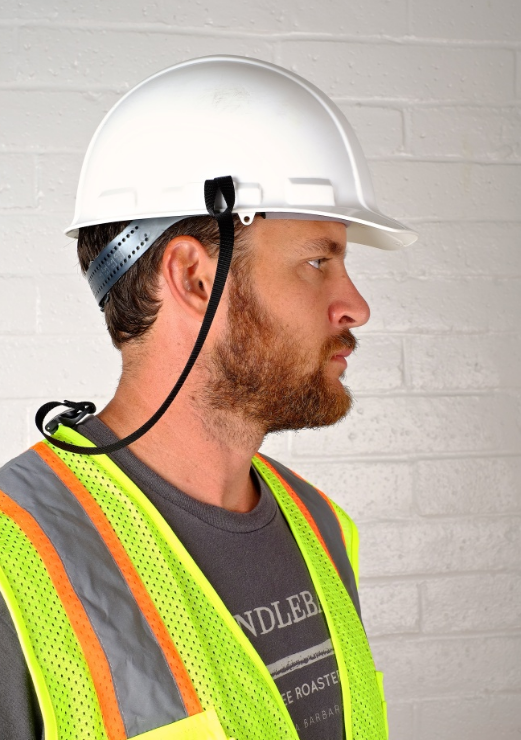The National Institute of Building Sciences issued an open letter to delegates attending the American Bar Association (ABA) Annual Meeting in August informing of the potential impacts if they vote to support a proposed resolution. The resolution—which advocates that copyrighted codes and standards incorporated by reference in legislation and regulation be made available for free—would alter the way codes and standards are developed in the United States.
In the U.S. construction industry alone, there are hundreds of copyrighted codes and standards that impact everything from seismic requirements and wind loads to water use and life safety. The standards developing organizations (SDOs) that develop these codes and standards have thousands of members, employees and volunteers that participate in the process to incorporate best practices and lessons learned to improve the standards. Each industry, from aeronautics and agricultural to electronics and telecommunications, has a similar structure and industry participation to address their specific needs. Such standards improve safety, drive innovation and improve commerce, both domestically and around the world.
The U.S. Government recognizes the benefit of private industry standards development, as directed by the National Technology Transfer and Advancement Act (NTTAA, P.L. 104-113) and Office of Management and Budget (OMB) Circular A-119.
If the ABA’s suggested resolution and related advocacy campaign is successful, private-sector-developed standards would be subject to new requirements due to their incorporation by reference in legislation and regulation, and the ability for SDOs to recoup development costs would change considerably.
The development of codes and standards is expensive. Today, the cost is born by those who are ultimately impacted by the standards (whether by participating in the process or purchasing the resulting document). By making such information free online, the ABA resolution would hamper cost recovery through such mechanisms. The result would be that private-sector organizations may no longer be able to invest in the development process, leaving existing standards to remain stagnant (and thus inhibiting innovation) and shifting the responsibility (and expense) of developing future standards to the government.
ABA’s proposed resolution attempts to mitigate any copyright concerns by encouraging government agencies to negotiate licenses with SDOs. However, this change would require agencies to hire staff and implement contracting mechanisms, making it necessary for tax payers to cover the cost of standards development.
The National Institute of Building Sciences—which was established by the U.S. Congress to work with both the public and private sectors to advance building science and the design, construction and operations of buildings to meet national goals of health, safety and welfare—is extremely concerned that the ABA is advocating a one-size-fits-all legislative vehicle that will alter the long-standing tradition of private-sector-developed standards in the United States. The result could reduce safety, increase costs and add a burden to the government and tax-paying citizens.
In lieu of moving forward with the resolution, the Institute suggests the ABA focus on engaging in a meaningful dialogue with the SDO community to help address the changing nature of access to copyrighted materials through the internet and other electronic sources, and, after taking the long-term goals and impacts into consideration, identify a mutually acceptable path forward.





Be the first to comment on "NIBS States Proposed ABA Resolution to Make Codes and Standards Free Could Reduce Safety"